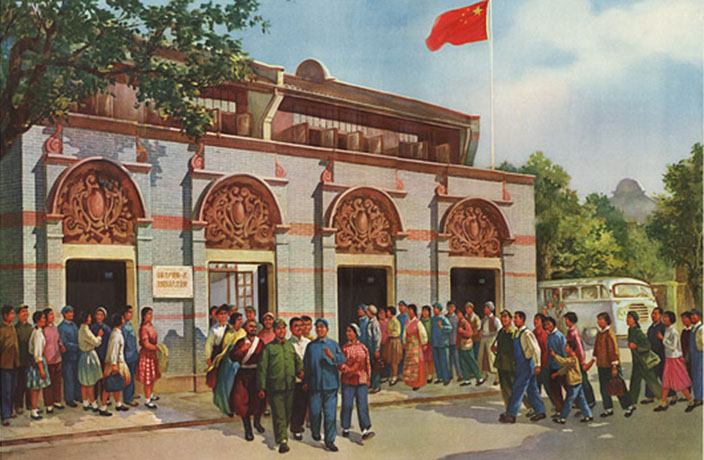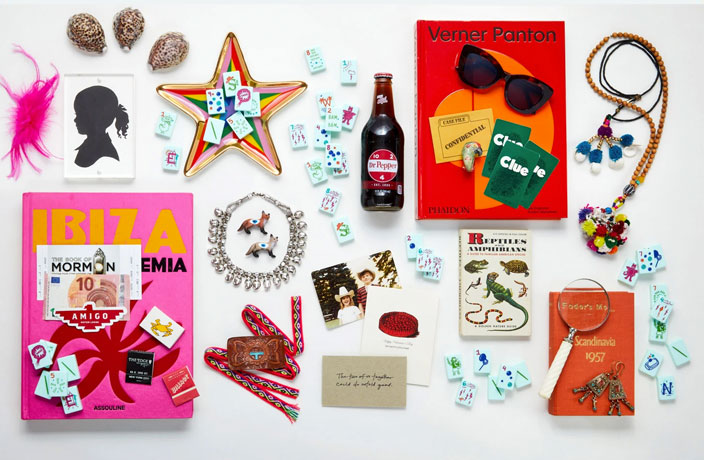By Celine Song and Ned Kelly
From Old Shanghai and the Concession Era to Reform and Opening Up, via the Japanese Occupation, Civil War, birth of the People's Republic, Great Leap Forward and Cultural Revolution, Lao Shanghairen was a series where we talk to ordinary citizens who lived through extraordinary times.
At the time of this 2011 interview, Wu Peikun and Li Yaofeng were 83 and 84 years old, respectively.
Wu Peikun and Li Yaofeng have been living in a little apartment in a lane off Changshu Lu, Jing’an District for most of their lives. Their neighborhood was located in the French Concession, so say they were not too badly disturbed by the Japanese occupation.
“Just keep away from the iron-wired gate and you would generally be all right,” says Li, referring to the checkpoint to the Japanese-occupied part of town (today’s Hongkou District) at the Garden Bridge.
“The few years after Japan announced its surrender in 1945 was a good time for economic development in the city,” says Wu. “No huge destruction was made by war and foreign businessmen were coming in.”
A relative of Wu ran a small factory of electric fans which was very successful, becoming the monopolizing Huasheng 华生 brand. “After Liberation, part-ownership of the factory was given to the country in the Socialist Transformation.”
Wu worked in a private bank and spent a lot of time in the financial districts of Nanjing Lu and the Bund, “but we would seldom buy anything from that area. Stuff in the Four Companies [the biggest Chinese-owned shopping malls in Shanghai, located on Nanjing Lu] were way too expensive. Those were luxuries for the rich people. We preferred buying things in the little stores.
“Besides, we just didn’t buy things that often — not like young people today,” Wu continues. “Shopping was reserved for the New Year and some important traditional holidays.”
He points as the gray jacket he is wearing, “I’ve been wearing this for more than a decade. It was bought when my wife and I went to California to see our new born grandson.”
Wu says the waste in modern society is unbelievable for him. “People are constantly buying things they don’t really need,” he says. “Real estate developers are building more expensive houses that people can afford.”

The 33-floor building outside the couple’s window has been completed for nearly 20 years, yet nobody has ever lived in it.
“Meanwhile, for nearly 20 years, our little room has not seen sunshine,” says Wu. “The distant between buildings is too small. I think it’s because the government didn’t do a good job investigating before they approved the project.
“It seems that our country is so big and resources so abundant that people don’t care much about the waste,” Wu continues. “But we’ve got the largest population, which makes the total waste really horrible.”
The thing Wu hates most are the cars.
“There are too many these days. I dare not go out on the street. It also makes the air bad. We used to live on Hengshan Road when few cars were seen there - it was so quiet that it used to be the dating place for lovers.”
Marriage was also a much simpler matter back then, Wu says. He and Li met in the 1940s and got married when the civil war was still going on.
“Lots of young girls today won’t say yes unless the man offers a house and a car. They are simply unbelievable to me.
“And I hear some new couples spend RMB200,000 on their wedding. My son and my daughter-in-law met in America in the end of 1980s. There was no big expense for their marriage at all.
"They are nearly 50-years old and have got two kids, but they are still quite satisfied with renting an apartment and moving when their workplace changes. As far as I know, that’s also what a lot of Americans do and feel.”
Wu is also astonished how people get divorced so easily today.
“They seem so whimsical upon this matter – it’s definitely not something good. We’ve been married for more than 60 years. Times have been tumultuous and life has been hard, but we never thought of separating from each other.
“It was not how much we are soulmates or how deep the love is, like young people would say, but that we have been bonded by mutual care ever since the marriage. We are family, and family doesn’t leave each other.”
Wu isn’t completely down on young people though.
“It is so difficult for them to find work nowadays as there are too many college students and far less jobs in China. And it is not easy to find oneself living abroad.”
As well as his only son in America, Wu’s younger sister has been living in France since the 80s and his younger brother lives in Australia.
“They are all working for companies like most people here. No great fortunes are being made by them.”
Wu visited Hong Kong right after Opening Up.
“I was impressed by the prosperity, especially the speed of the Metro, but I didn’t like the place. People there were all businessmen and they didn’t care much. We couldn’t make ourselves comfortable there.”
When Wu and Li were young they used to go to the Peking Opera as well as the movies. The famous Small Theater was right at the entrance of their lane.
“For 3 Jiao you could watch a film there. Even Daguangming [the grandest cinema of its day, located on Nanjing Xi Lu] only charged 2 Kuai.”
The Small Theater is now a branch of Hong Kong café BeForTime, but they still go to the parks when their health permits.
“The green spaces in the city are really good nowadays. Jing’an Park used to be a cemetery for the foreigners in the old days, but it became our regular haunt as soon as that was changed.”
Though Wu’s activities are mostly limited to within their building’s yard these days, he says he constantly keeps himself up to date on events through the newspapers and TV.
“It is because I wish one day to hear the news say that the world is at peace.”






















0 User Comments